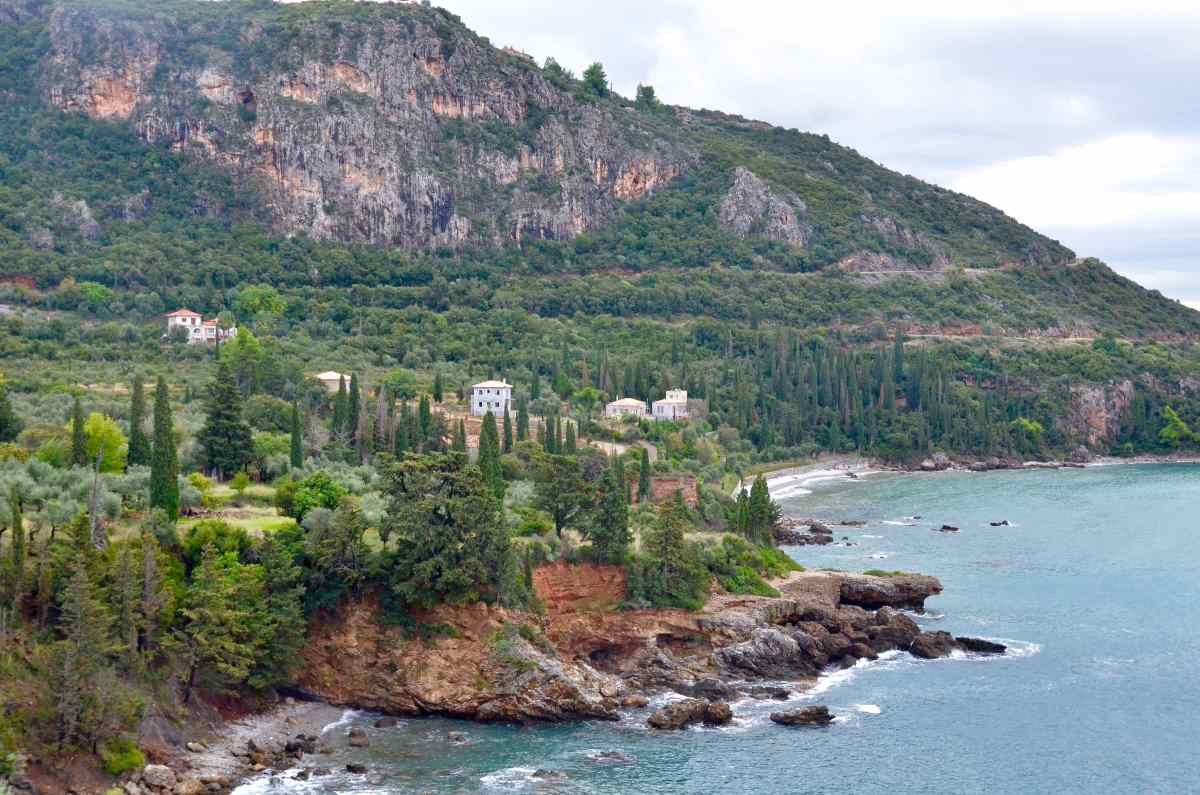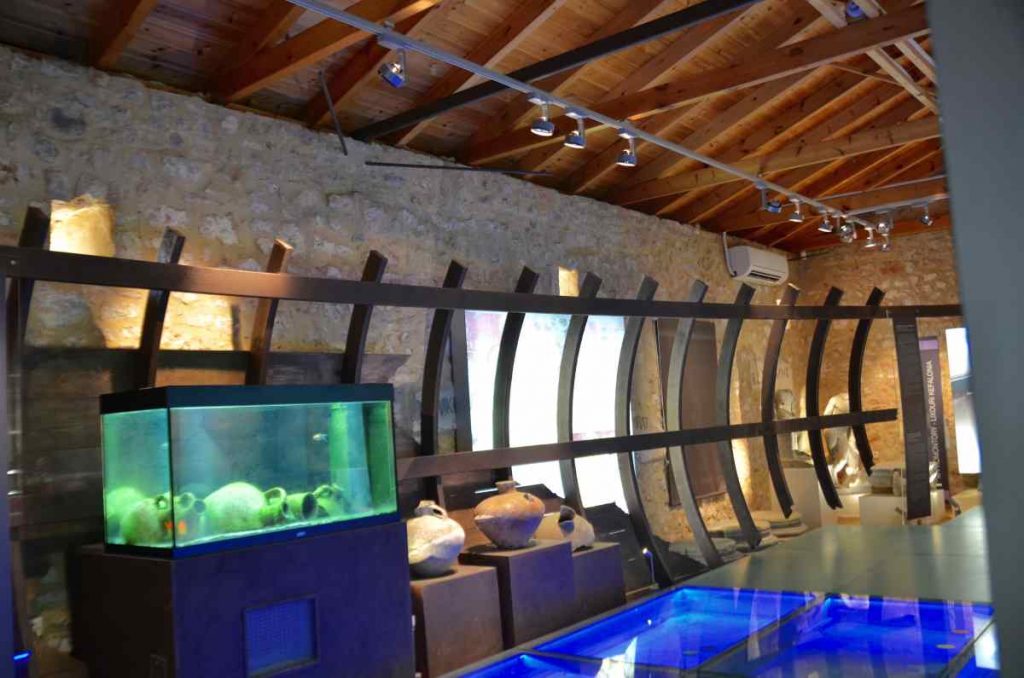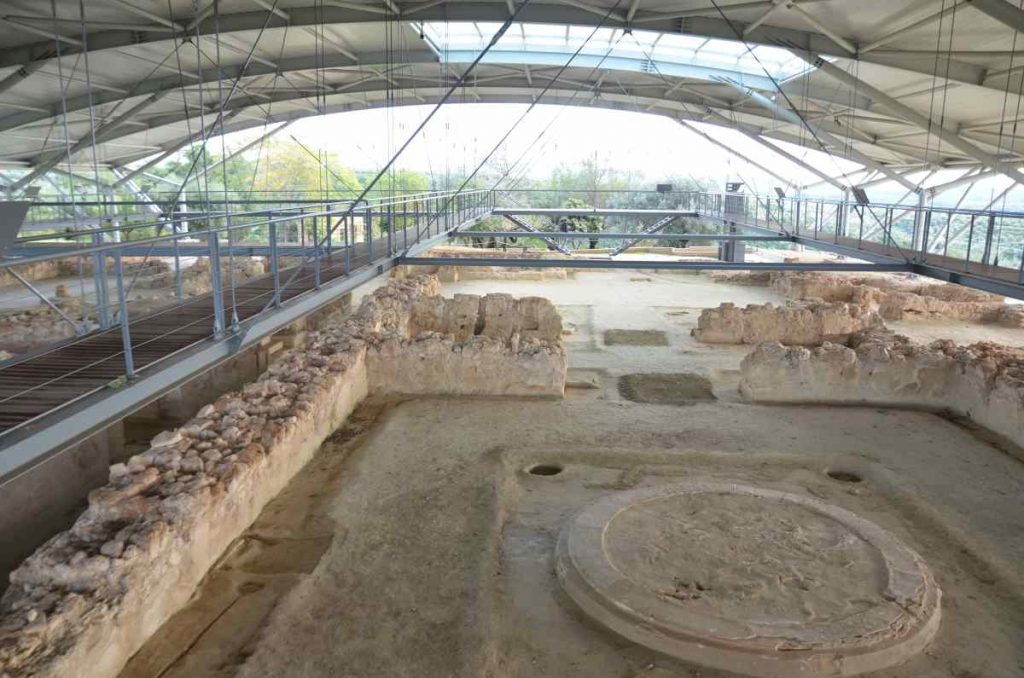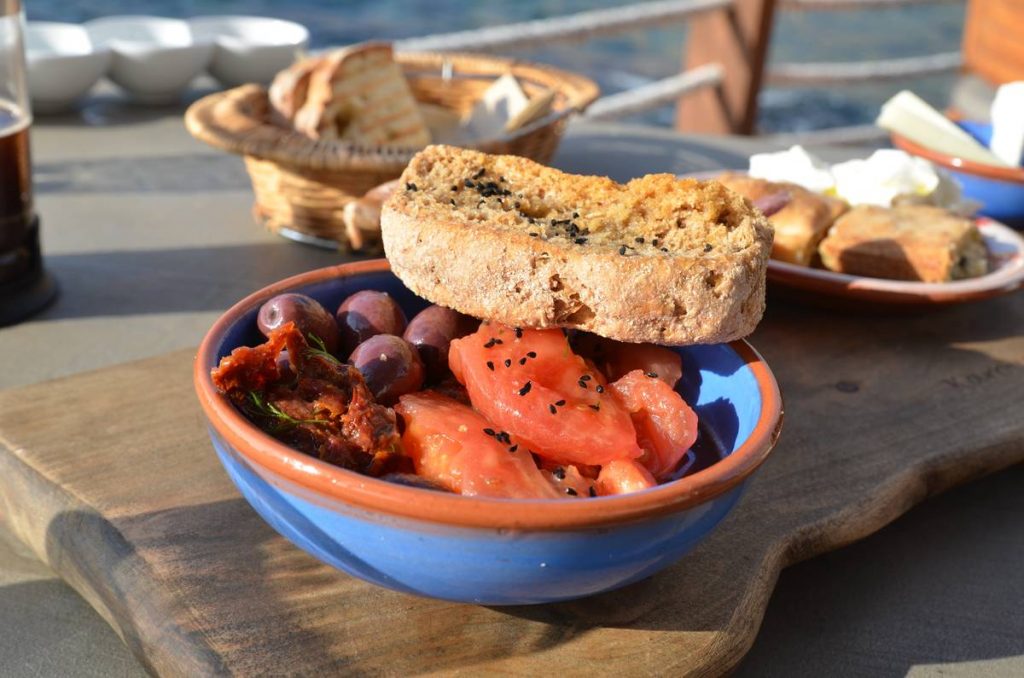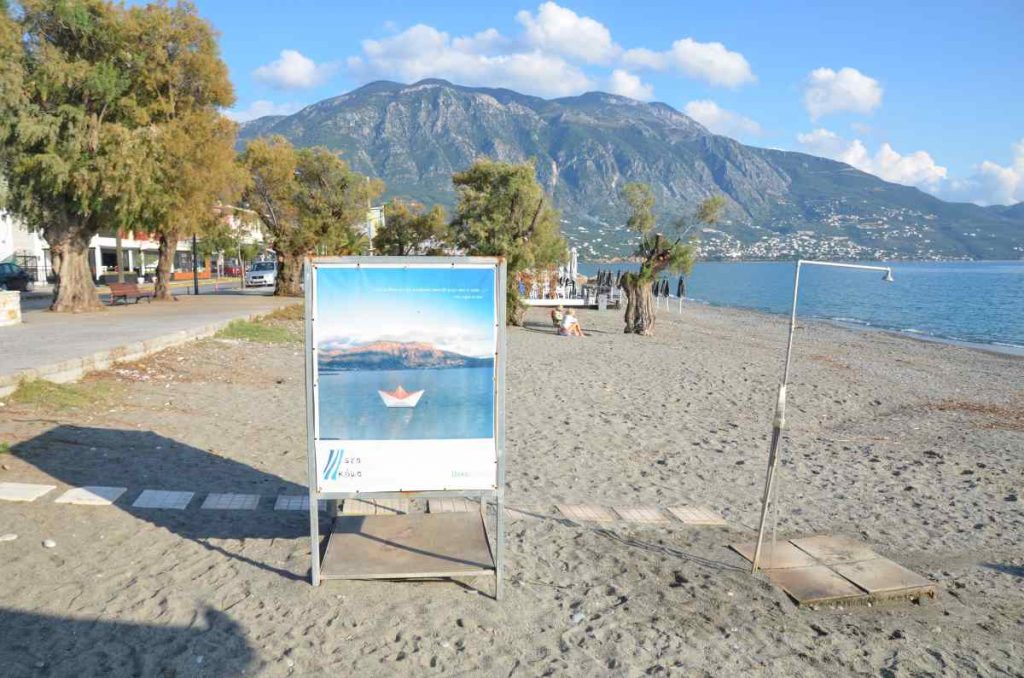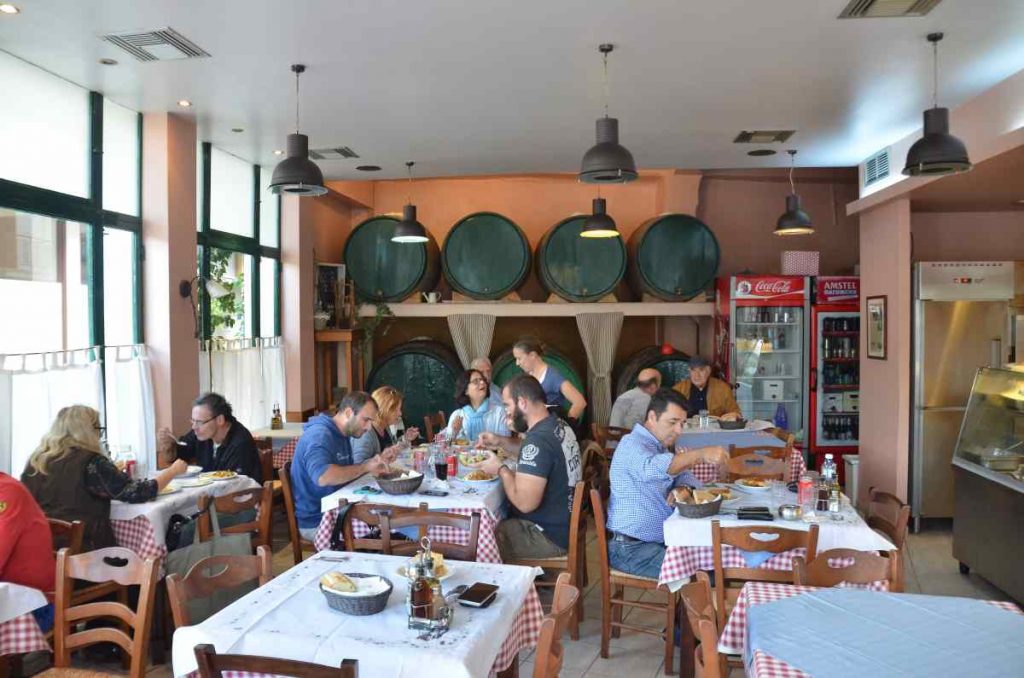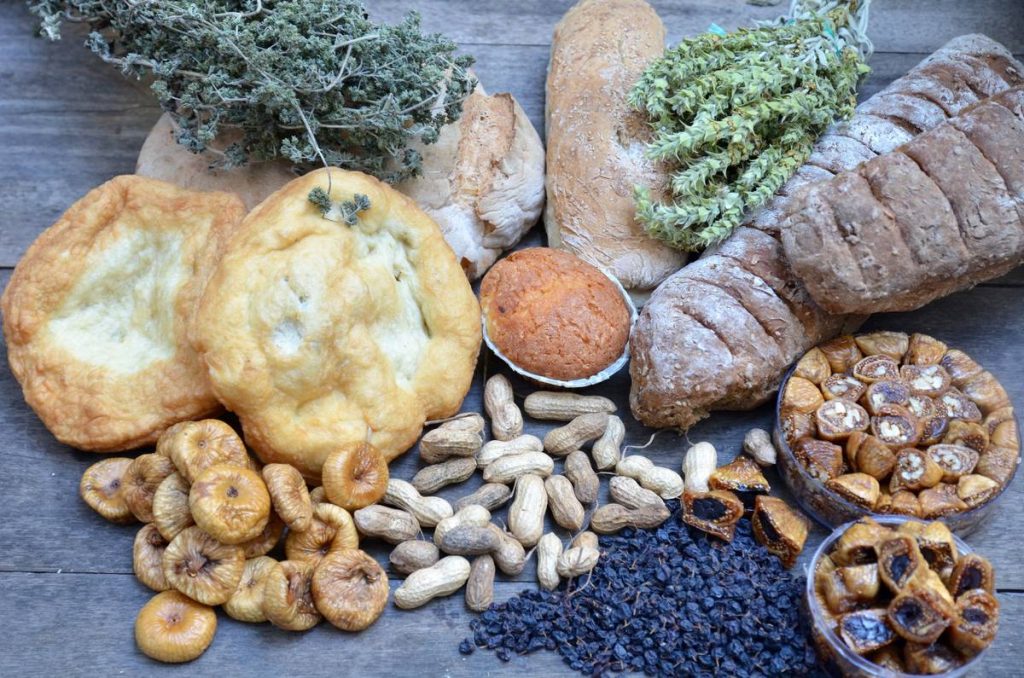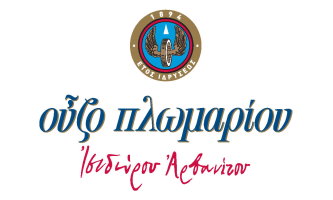Η Messinia from prehistoric times - it was the most densely populated place in the Peloponnese, mainly due to the fertile valleys - was considered "the land of the Promise". Great men, such as Euripides 25 centuries ago called it "Kallikarpi", while Charilaos Trikoupis, the greatest Greek politician of the 19th century, once said about the Messinian land: "and to plant umbrellas, they will bear fruit".
For centuries the history of Messinia is characterized by wars that took place, because the place, due to its wealth, was the center of hostile intrigues.
Here is written the beginning of the Greek Revolution, when on March 23, 1821 Petrobeis Mavromichalis, Kolokotronis and Papaflessas together with other Messinian revolutionaries proclaim the beginning of the revolution in Kalamata and when on October 20, 1827 the allied fleet overthrows the .
The economic development of the 19th century - immediately after the liberation - and of the 20th century in its first half, was followed by the gradual decline and marginalization of the region.
The 21st century finds Messinia at an exceptional juncture. With the momentum from the infrastructure projects and the general development of the place mainly in the field of culture from the 3 four years of the Mayor Stavros Benos, Kalamata has seen in recent years an unprecedented possibility of development from its inconceivable for the Greek data hotel investment Costa Navarino, vision and creation of the late Captain Vassilis Konstantakopoulos. Thus, new data is created in the area. The arrival of the Morea International Highway and the reduction of the route to 2 hours from Athens in parallel with the opening of the International Airport, bring Messinia to the center of International and Greek Tourism.
Introverted and traditional Messinia is called upon to face the challenges of open society and globalization, the harmonious coexistence of Tourism with the conservative agricultural sector.
So, apart from the rich cultural heritage with the impressive monuments from all eras, the palaces of Nestor in Pylos, the archeological site of Messina, the castles of Pylos, Methoni, Koroni, Kyparissia and the natural beauties such as beautiful olive groves, the enchanting beaches and the villages of Messinian Mani - adored by the famous resident of Kardamili Patrick Le Fermor in Messinia the visitor can find a rich one traditional cuisine based on unique local products (oil, olives, oranges, raisins, peanuts, figs, holy herbs and herbs, wines, vinegars, convergent or saline, sausages with orange) from excellent local producers, but also from local recipes (piglet, cod tsiladia, lilies, drawn pies etc).
The olive oil of Messinia - Homer's famous "liquid gold" - is of excellent quality and one of the best in the world (PDO). In the vast olive grove of Messinia, there are about 250 olive mills operating, a factor of M.O. 50.000 - 55.0000 tons of olive oil, 95% of which is extremely virgin. Olive oil in Messinia is used everywhere. In salads, legumes, casseroles, fried foods, sweets, and even the maintenance of the synglin. However, the most majestic pleasure of Messinian olive oil is found in the simplest recipe. A slice of toasted bread, sprinkled with plenty of oil, grated tomato and a pinch of salt and oregano.
The developed agricultural sector of Messinia, gave the opportunity to create many important processing companies, some of which have great success in international markets and honor Messinia and Greece in general.
A small sample are: the company Papadimitriou based on balsamic vinegar exports to 30 countries in the world, Agrovim which exports extra virgin oil packaged in 5th countries, the two companies Petropoulos that produce the local cheese of Sfela, the distillery of the Kallikounis family exports 30% of its production abroad.
In the heart of Messinia, in the center of the bay in the shadow of the imposing Taygetos that proudly raises its height (the highest and most beautiful mountain of the Peloponnese), is the Kalamata the second largest city in the Peloponnese where more than 100.000 people live. Kalamata with 100 primary and secondary schools, the TEI and the University and the young people, with their students giving a lively and fresh rhythm to the city. A sample of this dynamism I felt in the 5th Kalamata School of Tourism - this commendable effort of Andreas Zagakos and Costas Andrianopoulos - when I participated in his recent events.
The liveliness of this city, its beautiful historical center, the old and the its new market, its natural surroundings, the huge beach and the crystal clear sea, its elegant restaurants (such as the Yiamas Gastronomy Bar) and its taverns (such as On the wave, the Rolls, In Costa, Tzimis) with the their authentic local cuisine, the nightlife, but also the quiet daily life of its inhabitants, compose a tempting destination that can attract visitors in all 4 seasons of the year.
The journey to Messinia showed that, if the Messinia utilize its cultural heritage, its natural beauties, its rich and unique production in agricultural products, the local Messinian cuisine and the dynamism of its society can lay a solid foundation for a quality tourism that will make it a sought after international tourist destination, but also a place of prosperity!
(For more information, look for the corresponding link)

